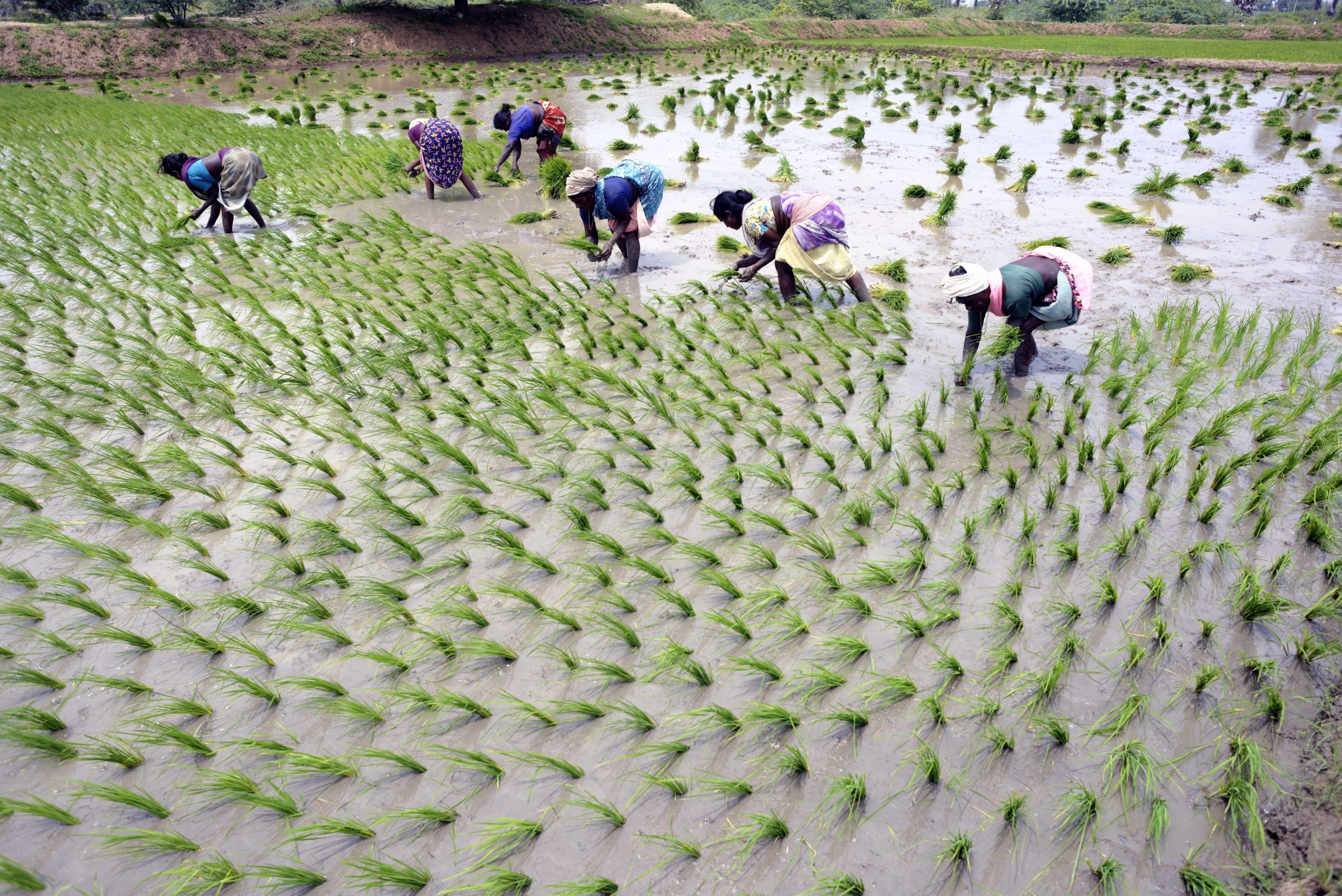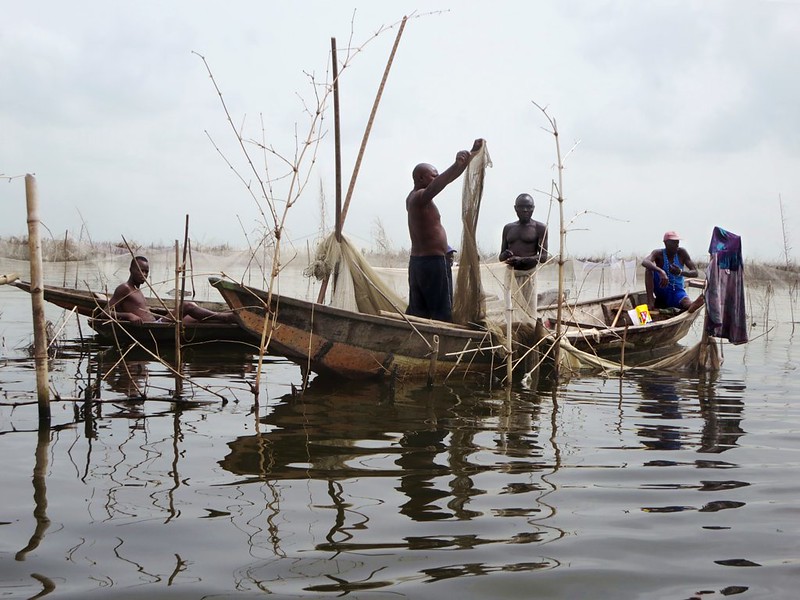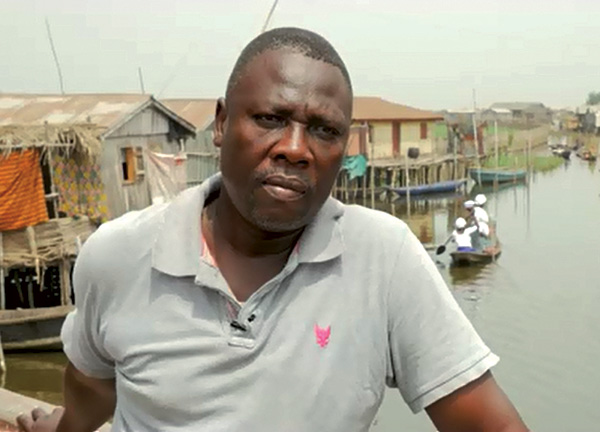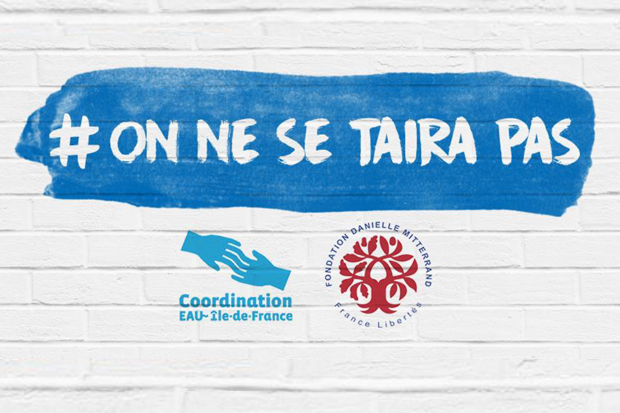World Water Day: “Water for life, not for profit!”

At a time when access to water for all and its sustainable management remain major challenges around the world, Emmaus International is marking World Water Day by raising the alarm about attempts to commodify this vital asset and by presenting an overview of the alternatives put in place by four Emmaus groups to reclaim the human right to water.
Emmaus International is a signatory of the “Water for life, not for profit” collective statement in which a hundred or so organisations aim to reiterate the vital importance of universal access to this common good and to sanitation, as well as the danger of any attempt at making water a financial asset.
In order to take a closer look at the issue of water, we are highlighting four groups in the Emmaus movement from all four corners of the globe. They tell us about the problems encountered, the challenges faced and the alternatives put in place by their group alongside the most excluded to reclaim the human right to water.
Four different perspectives on water-related issues :
- Question 1: What are the current water-related challenges in your country?
- Question 2: What struggle for water are you leading in your Emmaus group?
- Question 3: According to the United Nations Foundation, half of all humanity could face water shortages by 2050. In your view, how can we best protect water as a vital asset?
Download the PDF of the interview
KOUDBI KOALA
EMMAUS BENEBNOOMA, BURKINA FASO
Q1: Water scarcity is an everyday reality in Burkina Faso. We have two seasons: the dry season, which lasts almost 9 months, and the rainy season which extends from July to September. Many water points start to dry up in December due to evaporation, and water scarcity becomes more and more prevalent. The current great challenge for the Burkinabe State (which has a Ministry of Water and Sanitation) is to find a way of retaining all this water during the rainy season in order to subsequently distribute it to the population.
Q2: Our group has worked on different water themes during four editions of our international music festival, the Nuits Atypiques de Koudougou (Atypical Nights of Koudougou). Since then, we have continued to raise awareness among the population, through Radio Palabre and the Saaba Troupe, about the fact that water is a common heritage and we must all protect it and ensure that it belongs to everyone. For example, the Saaba Troupe organise mime and forum theatre shows once a month in the surrounding villages to raise awareness about all aspects of water.
Q3: Above all, we must avoid waste, reject commoditisation, develop a means of pooling resources and provide for pipelines, as was done for oil and gas, so that all parts of the world can benefit from this vital resource.
KAMEL FASSATOUI
EMMAUS POINTE-ROUGE MARSEILLE, FRANCE
Q1: We believe that this issue has more resonance in countries where there is a scarcity of water, even for meeting basic needs. As far as France is concerned, the issues at stake are essentially around access to water points, such as fountains, for people living on the streets, as well as the provision of public toilets and showers to ensure basic sanitary requirements are met.
Q2: We actively supported the water access project on Lake Nokoué in Benin. We would like to be involved in supporting another project of this nature because our companions are always highly motivated to get involved in these types of projects which help others. In Marseille, we have often and regularly protested for the provision of public fountains and sanitary facilities (showers and toilets) for people living on the street.
Q3: The key point here is the systematic refusal of any privatisation of this vital good. Water is a natural resource that should be protected from private financial interests. This means fighting against big companies that are trying to appropriate what has become white gold (Coca Cola in India, for example, where the activities of its factories led to the depletion of groundwater and pollution of local water resources).
POPPY JOHN XAVIER
KUDUMBAM, INDIA
Q1: The length of India from north to south is 3528 km. Seven major rivers along with their numerous tributaries make up the river system of India. The rivers play an important role for the country: they provide drinking water, cheap transportation, electricity, and secure the livelihood for many people nationwide. This easily explains why nearly all the major cities of India are located along the banks of rivers. However, industries are also located at the edge of the rivers and their effluents are released into the water, which contaminates it.
The key issues around water in Tamil Nadu are the depletion of the water table, the increase in salinity, drinking water scarcity and loss of crops due to drought.
Q2: Our group has carried out many different water-related actions from the 1980s until today: reforestation involving village families, raising rural communities’ and the State’s awareness about the need to deepen water tanks, sensitising rural communities on water conservation in order to fight against crop failure due to drought, initiating watershed programs to enhance soil water retention and reduce crop failure, promoting different water conservation techniques integrating trees, shrubs and crops, training on ecological agriculture and sustainable agricultural techniques to students and farmers.
Q3: Our learning over the last 40 years is that farming communities should be better informed about the magnitude of the problem (depletion of the water table, change in water quality, increase in salinity and the impacts of these problems on the population). They could also be introduced to different water conservation techniques.
The State should put in place incentive policies for farmers who cultivate low water utilizing crops (for example: traditional rice, millets and pulses) but also enact new laws regarding water such as a ground water law.
GLORIA ZULUAGA
EMMAUS PEREIRA, COLOMBIA
Q1: In the past Colombia was considered to be a water powerhouse. Nowadays, this is no longer the case as corrupt governments have adopted counterproductive measures authorising mining in the water catchment areas and on protected sites. According to figures from the Instituto nacional de salud (INS; [National Health Institute]) only 20% of Colombians consume safe drinking water.
Q2: In 2010, taking advantage of the city of Pereira’s location in a very mountainous area where rain is an almost daily occurrence, we created rain water recycling. We use the roofs of the house and the storage area of the community’s work space to collect 8,000 litres on average which, after treatment, is suitable for human consumption. In addition, we have training programmes on how to care for and make good use of this vital resource in our daily lives, which we promote in different places and locations in the city, given that our Emmaus Pereira group works to collect and make use of recyclable material.
Q3: With large-scale political and community efforts, with initiatives to defend protected areas, reforestation and restoring forests and natural ecosystems, soil recovery and prevention and control of water source contamination, as well as the eradication of illegal practices that affect natural resources. Moreover, there is a need to create programmes that promote a culture of caring for water, both in people’s daily lives and in terms of private sector production.


